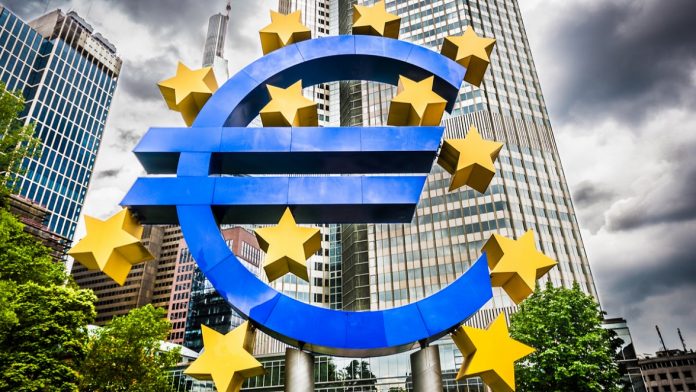- Pound (GBP) rises after encouraging construction sector data
- Today, UK housing data will be released on a quiet day
- Euro (EUR) fell after German factory orders disappointed, but PPI jumped
- ECB minutes from the March meeting are due
The Pound Euro (GBP/EUR) exchange rate is holding steady after mild gains in the previous session. The pair settled +0.1% higher on Wednesday at €1.1992, after trading in a range between €1.1971 – €1.2011. At 05:45 UTC, GBP/EUR trades -0.03% at €1.1988.
The Euro slipped lower in the previous session weighed under by risk aversion as more sanctions were imposed on Russia and hit by disappointing data.
German factory orders fell -2.2% month on month in February, well short of the -0.2% decline forecast while also marketing the first decline in factory orders in the four months. A slump in foreign orders drove the fall, even before the Russian invasion took hold.
Expectations for the German economic recovery have been slashed since the war sent energy prices surging and caused further disruption to supply chains.
The data comes as advisers to German Chancellor Olaf Scholz lowered the growth outlook for Europe’s largest economy to 1.8%, down from 4.6%.
Separately Eurozone wholesale inflation jumped to 31.4% year on year in February, up from 30.6% in January. With the Ukraine conflict continuing, wholesale inflation is expected to rise in the coming months. This will often result in a rise in consumer inflation.
Looking ahead, the minutes to the March European Central Bank meeting are due to be released. The minutes could shed more light on how concerned policymakers are over the jump in inflation.
The pound edged higher yesterday, helped by data showing resilience in the UK construction sector even as prices continued rising. The construction PMI showed was 59.1 in March, in line with February’s reading and above the 50 levels, separating expansion from contraction. This was also the joint-fastest pace of output growth since June last year.
Today, there is no high impacting UK economic data. Instead, UK house price data could offer some clues as to how the sector is holding up after three interest rate rises from the BoE.





